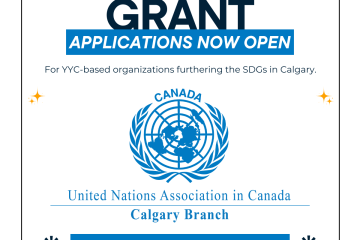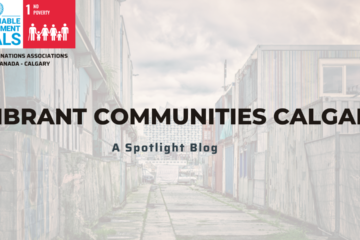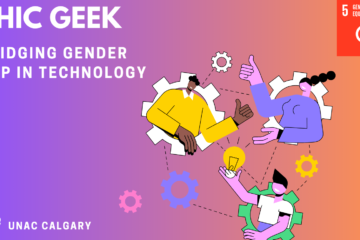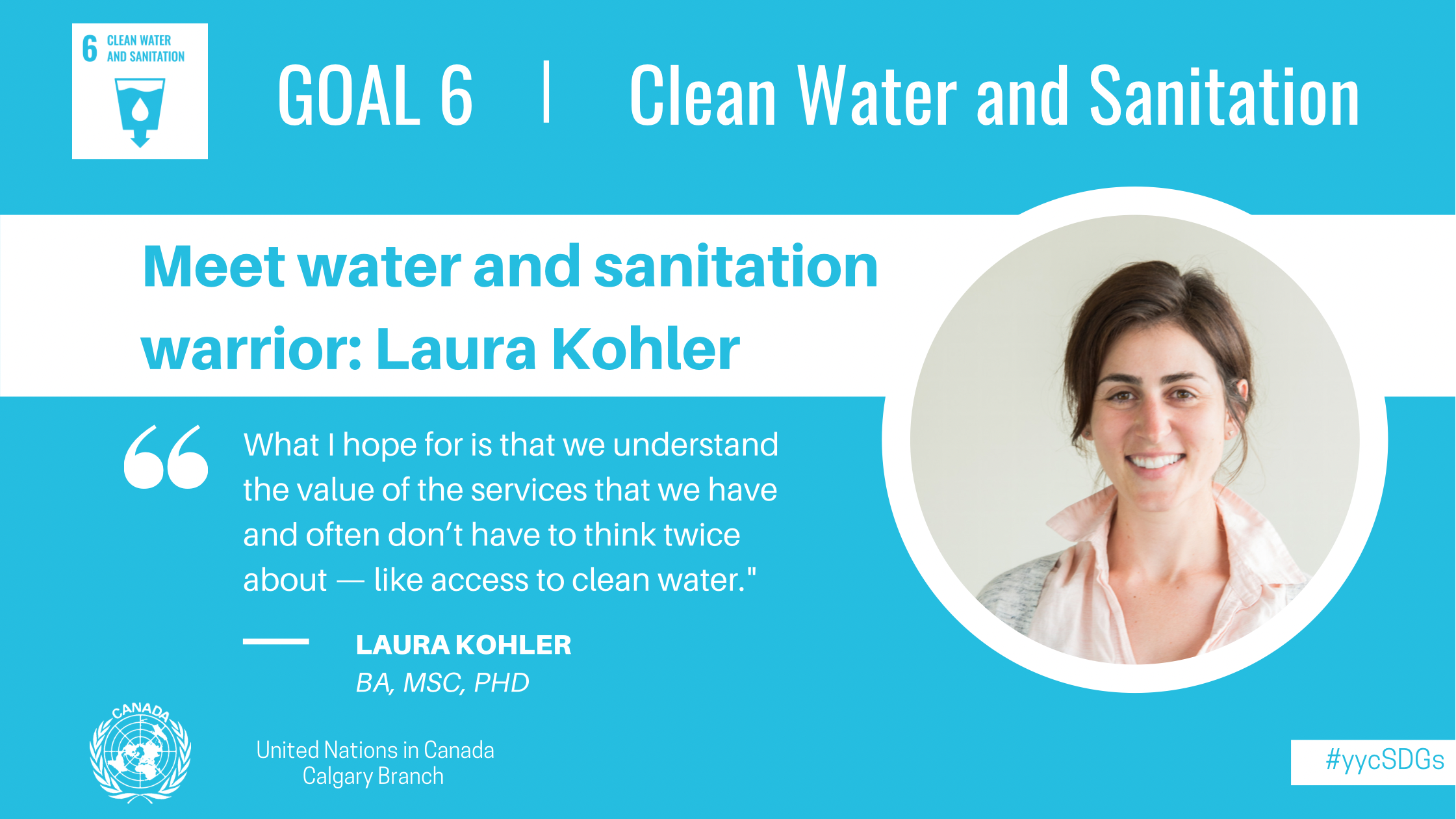
By: Rida Rehmani
It’s clear to see that Laura Kohler is passionate about her work and the impact CAWST water and sanitation projects have on the lives of people around the world.
The Centre for Affordable Water and Sanitation Technology (CAWST) is a world-renowned Canadian charity and licensed engineering firm that has its roots in Calgary. CAWST addresses the global need for safe drinking water and sanitation by building local knowledge and skills on household solutions people can implement themselves.
Senior knowledge and research advisor, Laura Kohler joined CAWST in July 2016. She has a PhD in Civil Systems Engineering and MSc in Environmental Engineering, both from the University of Colorado Boulder, and a BA in Civil Engineering from Carroll College in Montana.
For World Water Day, March 22, we sat down with Laura to find out about her work leading sanitation projects in Africa and South Asia.
What drew you to join CAWST?
I joined CAWST specifically because of the type of organization it is.
In my first few years in the development sector, I worked with Honduran municipalities to design and implement water supply systems. In that role, I struggled with how some of the work was being done. While unintentional, I realized that I was taking jobs from highly capable local people, which didn’t sit right with me. Ultimately, this led to me going back to school to address my own knowledge and skill gaps and later joining CAWST.
When I came across CAWST at a conference in 2015, their approach intrigued me. CAWST focuses on capacity development to support different stakeholders, practitioners, and professionals, who implement water, sanitation and hygiene (WASH) programs and services locally. CAWST strengthens the capacity of local people and organizations to make their own decisions and meet the WASH needs in the areas where they work.
Which project has been your favourite and what impact did it make to the local community?
I love my work because of the people and professionals I get to work with globally. Professionals such as emptiers (among others) do the real and often thankless job of emptying and transporting fecal sludge to be treated and disposed of. They face health and safety risks, and often social stigma due to the nature of their work. This isn’t easy. It’s our job to consider the challenges they face and how best to support them to address those challenges. These professionals protect the health and welfare of people and the environment by doing their job, so it seems reasonable that we can work to make it a bit easier.
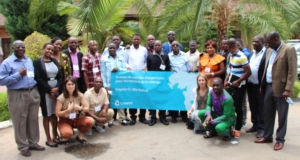
Laura Kohler, bottom left, in Lusaka, Zambia in 2018 with emptiers from Malawi, Zambia, Ghana, Kenya, and Uganda
In 2018, I led a CAWST project to understand the challenges with servicing latrines and septic tanks, including but not limited to emptying. The same project also identified how existing trainings by academic programs, institutions, and NGOs serve to address those challenges.
As we were exploring, we ended up working with a number of emptiers from across Africa to articulate their needs, who historically had been talked about in discussions about sanitation service delivery, rather than included directly in the conversation. In 2019, the Pan African Association of Sanitation Actors (PASA) launched, which was a step-change in history. While CAWST wasn’t directly involved in their formation, we were excited to participate and celebrate their official launch. Since then, emptiers have had a distinct and strong voice at the table, while envisioning and troubleshooting sanitation service delivery across Africa.
How has COVID-19 impacted the 2030 water and sanitation UN Sustainability Development Goal (SDG)?
According to the UN, as of 2018, 2.3 billion people still lacked basic sanitation services and 4.5 billion people worldwide lacked safely managed sanitation services.
Even before the pandemic, we were estimated to be off-track to meet 2030 SDG – 6. The pandemic has further affected our progress and has added additional complexities to service deliver in a number of ways.
It is estimated that 1.6 billion workers in the informal economy (half of the global work force) lost work either partially or completely within the first month of the crisis. Continued WASH services, such as emptying, require that households are able to pay, even if the amount is small, to have their latrines and septic tanks routinely emptied to avoid additional environmental and public health hazards. This has caused a ripple effect where household financial limitations affect the frequency of emptying services, both affecting the livelihoods of the emptiers as well as presenting an added public health risk of overflowing latrines.
Additionally, training and support activities have migrated online, which unintentionally excludes participants who have unstable internet, low bandwidths, or no mobile device to connect. So while certain frontline workers continue to take risks for the safety of others, the type of support they can access has been greatly affected by COVID-19.
How can Calgarians support UNSDG 6 – clean water and sanitation?
I’ve noticed is that the SDGs are less known domestically. I have observed this in Calgary as well. At the end of the day, the SDGs are global commitments, so awareness in our own city is the starting point. These aren’t just problems which impact the poorest countries of the world – these are global concerns and we are all responsible.
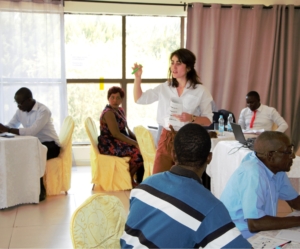
Laura facilitating an exchange with emptying service providers to understand their challenges and the knowledge and skills required to address them to inform better training.
What I hope for is that we understand the value of the services that we have and often don’t have to think twice about — like access to clean water. Unfortunately, we don’t have to look beyond our own borders to realize that not everyone has that same access. This realization makes it easier to comprehend the challenges that other countries face.
Here is my plug 🙂 Please consider supporting CAWST by volunteering and donating, so that we can continue to do what we do. Our doors (while virtual at the moment) are always open, if you would like to learn more about what we do and how you can contribute.
Learn more:
UN Sustainable Goal 6 – water and sanitation
CAWST
